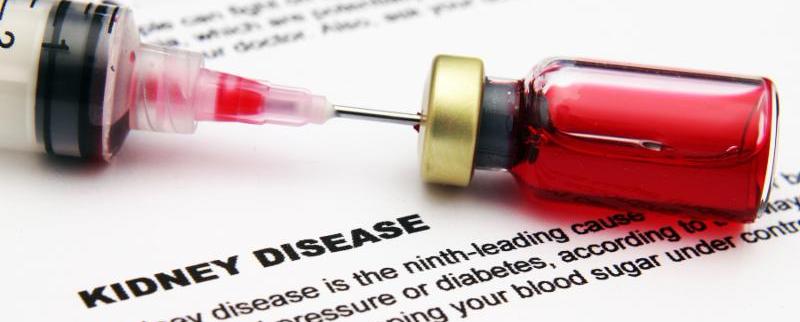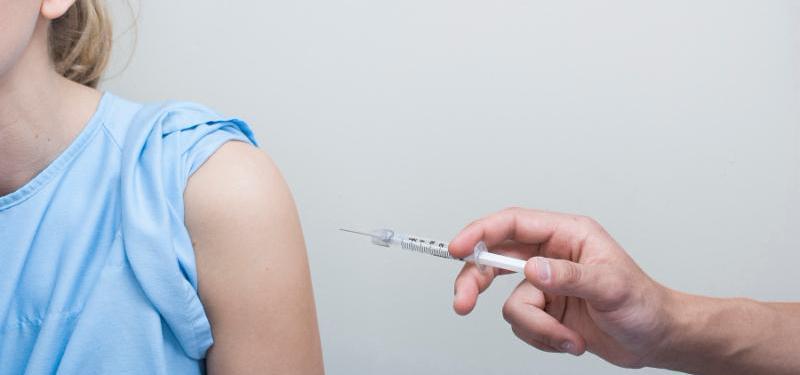| |
 |
February: Underdogs No More!!!
If you were losing sleep watching the highlights of the
Winter Olympic Games
as I was, there was no better reward than watching the
U.S. Women's Ice Hockey Team
win the gold medal against Canada in a topsy-turvy, hard-hitting, double overtime finish! Having lost to the Canadians four straight times, and not having won the gold since 1998, the U.S. women proved, once again, that nothing succeeds like persistence. I love that famous quotation of
Calvin Coolidge
, 30
th
President of the United States: "Nothing in the world can take the place of persistence. Talent will not; nothing is more common than unsuccessful men/women with talent. Genius will not; unrewarded genius is a proverb. Education will not; the world is full of educated derelicts. Persistence and determination alone are omnipotent. The slogan "Press On" has solved, and always will solve, the problems of the human race."
There is a hidden truth here. The underdog, perhaps out of necessity, perhaps out of desperation, perhaps both, must hang-on to succeed. The underdog must believe and have faith. What's more, the underdog must stay humble, knowing that to gain a place on the podium, he/she must sacrifice self for the good of the team.
Nowhere was this more evident than in Minneapolis on February 4 when the underdog
Philadelphia Eagles
, against all odds, narrowly defeated awesome
Tom Brady
and the
New England Patriots
in
Super Bowl LII
. "Of course!", you say. Dr. Schmidt is crowing because he is from Philadelphia. True! But as my clad-in-green Irish-twin sister observed, there was a serenity and humility about the Eagles back-up quarterback,
Nick Foles
, that defied belief. There was no fist pumping, no shouting, just cool execution of the game plan he, his teammates, and coaching staff crafted during many hours of practice. And who was on the sideline cheering him on? The Eagles first string quarterback,
Carson Wentz
, his Most Valuable Player (MVP) season having been snuffed out by a
torn cruciate ligament
. His selfless support of his teammate set the tone for the entire team. Their all-for-one, one-for-all spirit nucleated an elusive victory and
Rocky Balboa
ascended the steep steps of the
Philadelphia Art Museum
once more!!
John A. Schmidt, MD
Internist
|
Change in the Mission Statement of the U.S. Citizenship and Immigration Service!
As reported by
Newsweek
on February 22, the federal agency charged with processing immigration applications to the United States has slashed the phrase "nation of immigrants" from its mission statement. This is a travesty. As
Eleanor Acer
, senior director for refugee protection at
Human Rights First
said: "Our nation is one built by immigrants - removing this language does nothing to change that fact...President Trump and his hardline immigration extremists will stop at nothing to demonize and dehumanize immigrants and refugees, who have often fled violence and persecution in search for a better life for themselves and their children."
|
 |
Phosphorus in Patients with Chronic Kidney Disease!
Phosphorus combines with calcium to form
calcium phosphate
, the mineral that makes our bones hard. But if there is too much phosphorus,
serum calcium
is depleted as calcium phosphate begins to deposit in our blood vessels and heart valves.
Vascular calcification
correlates with increased cardiovascular mortality and is therefore to be avoided.
Healthy kidneys, under the control of
parathyroid hormone (PTH)
, do a good job of removing excess phosphorus. When kidneys are no longer able to remove phosphorus, PTH goes up in a futile attempt to maintain serum calcium and lower
serum phosphorus levels
. High levels of PTH deplete bones of calcium and increase fracture risk.
|
- Calcium, phosphorus, vitamin D and alkaline phosphatase should be monitored regularly.
- Vitamin D deficiency should be corrected.
- Bone mineral density should be assessed by DEXA scanning to estimate fracture risk.
- Vascular and valvular calcification should be assessed by X-ray and echocardiogram.
- Elevated phosphorus levels should be lowered with diet and, if necessary, phosphorus binders, preferably sevelamer (Renvela®).
- Though elevations in PTH may be useful in lowering phosphorus, steps should be taken to avoid excessive PTH (secondary hyperparathyroidism) to protect bones. PTH should be lowered with calcimimetics (Cinacalcet/Sensipar®) and/or vitamin D supplements (Calcitriol/Rocaltrol®).
Phosphorus is found in
protein rich foods
. Because protein is essential, the challenge is to maintain adequate protein intake while minimizing phosphorus intake. Fortunately, there are foods like bean curd and cottage cheese, that deliver nutritious protein without excessive phosphorus. Your nutritionist can help! If dietary modification is inadequate, phosphorus binders should be taken with meals.
|
 |
New Guidelines for Shingles Vaccination
- Administer two doses of Shingrix® two to six months apart to adults aged 50 years or older regardless of past episode of shingles OR past immunization with Zostavax®. Patients having received Zostavax® should wait at least two months before starting Shingrix®.
- Shingrix® is preferred over Zostavax® in adults 60 or older.
|
 |
|
 |
Dr. Schmidt's Wife Rita with Dr. David Johnson
|
As you may have heard, my dear wife, Rita, is slowly but surely recovering from open heart surgery. Thanks to all of you who have cheered her on!! The Olympics of Life require persistence and team work as well as the support of friends and colleagues. I am very grateful to
Dr. David Johnson
and his outstanding team at
Jersey Shore University Medical Center
for restoring the life of a very special person!!
|
|
| |
|
|
Board Certified Internist
Dr. Schmidt is one of the leading internists in Monmouth County offering
Medical Home
services.
He is an attending physician at Jersey Shore University Medical Center.
Dr. Schmidt is enrolled in the Maintenance of Certification Program of the American Board of Internal Medicine
Feel free to share this newsletter with your family and friends.
Register to receive our monthly newsletter
today!
Click here to learn more about the benefits of our
Follow My Health Patient Portal
and register today! You can make appointments and get your lab results on the portal. Simply ask Valerie to send you an invitation. Call 732-282-8166.
"You may encounter many defeats, but you must not be defeated. In fact, it may be necessary to encounter the defeats, so you can know who you are, what you can rise from, how you can still come out of it."
- Maya Angelou
|
|